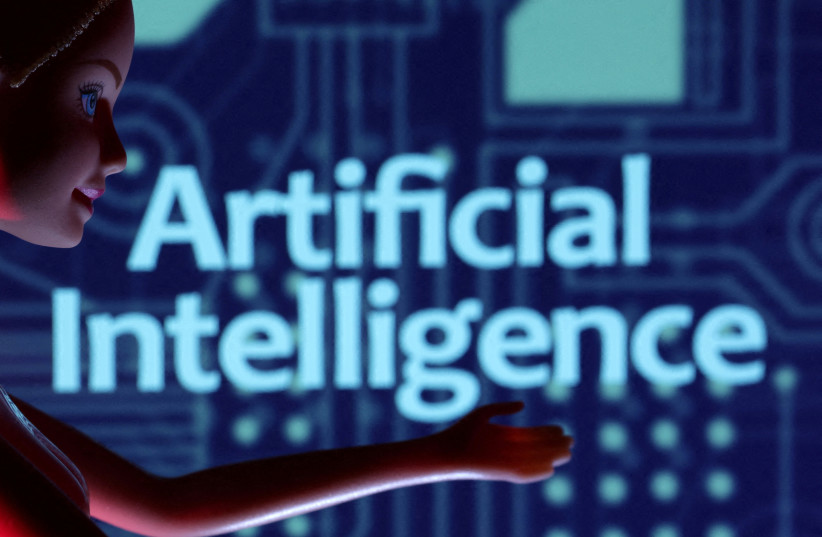I’ve got a joke for you. “Why couldn’t Jonah trust the ocean? Because he knew there was something fishy about it.”
Here’s another: “Why did the imam go to space? To see the moon up close for the perfect Ramadan calendar.”
If you haven’t laughed yet, here’s a third one: “Why don’t Jewish people play hide and seek? Because nobody will look for them!”
In December, I asked ChatGPT - the current leading artificial intelligence (AI system) - to tell me a Christian joke, a Muslim joke, and a Jewish joke. The first joke expropriates Jonah exclusively to Christian culture, but it is fairly amusing. The second isn’t really a joke, and it was preceded by a comment emphasizing the importance of respecting all religions when using humor. The third joke is antisemitic.
In recent months, since the Hamas attack and the start of the war, there has been an explosion in the level of antisemitism around the world. According to Fighting Online Antisemitism, during the first month of the war, the number of antisemitic posts was three times higher than in the same period in 2022.
The Internet and social media have become the main arena in which antisemitism appears, both in manifestations that relate to Israel and in those that do not.
At the same time, AI has been transformed from a science fiction idea to a tangible reality that is shaping - and in the future will even more strongly shape - global public discourse and our knowledge about reality at large. AI is a learning system that analyzes a mass quantity of material written by humans - historically and in the present - in order to consolidate its own knowledge.

Online antisemitism and the solutions in the age of AI
As it does so, it exposes the biases present in this material, one of which is antisemitism. The result is a combination of “classical” antisemitism, characterized by negative stereotypes of Jews, and the new antisemitism of recent decades and years, which sees Israel as the ultimate embodiment of Western colonialism - a lethal cocktail that presents a clear threat to Jewish and Israeli existence.
There may be “rational” reasons why ChatGPT gave me the answer it did, but we cannot ignore the result. For AI today, jokes about Christians and Muslims will be cautious and inoffensive. But there is no problem with jokes about Jews that include antisemitic motifs.
Unless preventive measures are taken, it can certainly be assumed that as the quantity of online antisemitism grows, AI platforms will become increasingly antisemitic.
How can we overcome the present reality?
It is important to work directly with social network providers to ensure that their definitions of permitted content are adapted to the new reality, including reporting antisemitic posts and monitoring their deletion. It is also important to work with the developing companies so as to ensure that AI is equipped with “guardrails” that can respond to the unique and ever-changing character of antisemitism relative to other manifestations of online racism and hatred.
The scope of this phenomenon demands broad-based action by the Israeli government, the American-Jewish community, and everyone willing to play a part, before it is too late.
The writer is head of the Ruderman Program for American Jewish Studies and leads the Comper Center for the Study of Antisemitism. The annual conference of the Ruderman Program on antisemitism in the US will be held at the University of Haifa on April 9.
